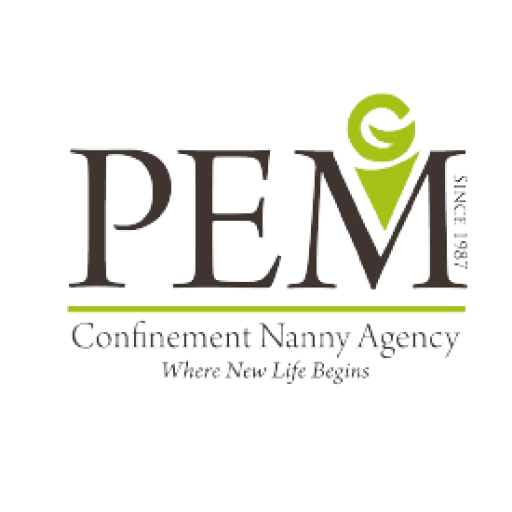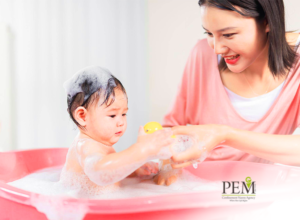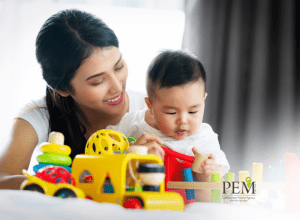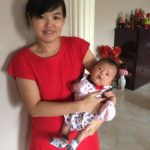[email protected] ♦ (+65) 6293 9249 ♦ Mon - Sun : 10:00AM - 7:00PM
Eastern Confinement vs Western Postpartum Care
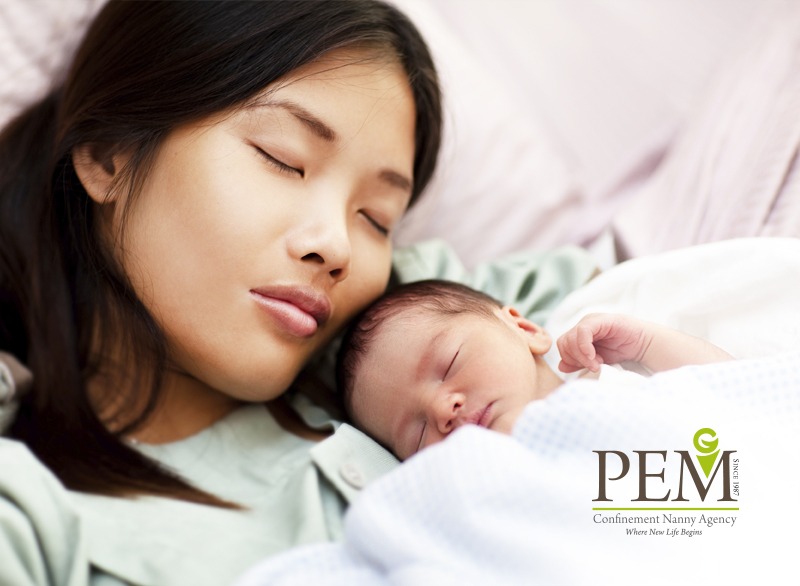

An Asian mom or grandmother may shriek at the sight of a western celebrity on TV, ‘up and running’ within 2 days after they gave birth. It is not so much about their capabilities, but rather about them ‘disobeying’ the confinement rules known and followed by most Eastern mothers in previous generations.
For example, when your baby is inconsolable crying for hours and hours, your baby may have “something”. What is that something for you or what would you call it? Colic, or ‘wind’? How do they differ? The answer is they don’t. At the core of it, these two terms practically mean the same thing.
So, why are they distinguished? The answer lies in the regions. For the western part of the world, it is colic. On the other hand, if you have come from the eastern side of the globe, you may be more familiar with the term ‘wind’. Still, slang is not the only aspect where we differ.
One huge difference we hold is in the way new mothers go through the early postnatal period. In eastern or Asian countries, that period is known as the confinement, whereas westerners simply call it the postpartum period. So, what is postpartum confinement period? Essentially, it is the first few weeks or months after the childbirth where the utmost care would be given to the mom and the newborn. Again, the ways the two would be taken care of can also differ from one region to another
No matter where you are, the community has certainly come a long way through both progression and assimilation of cultures. In fact, some of the things we consider traditional are products of cultural assimilation. Still, for new mothers, there are almost always huge differences among the confinement practices.
- Confinement as a part of the Eastern cultures
The way confinement practices are adopted in Singapore is largely influenced and adapted from the practice of the previous generations’ mothers and grandmothers. Up until today, some of the practices remain exactly the same. Some modern mothers would strictly follow the original Chinese confinement practices are performed by their great grandmothers. This includes no bathing or washing their hair for the whole month, eating confinement food, and not going out of the house.
How long is Chinese confinement? It typically lasts for only a month, but some mothers require longer than that. Throughout this period, they would mainly rest and nurse their newborn.
Regardless, a majority of these mothers would still tweak these ‘rules’ to fit their lifestyle and inevitably, their climate. Singapore, for instance, can be hot or cold, but above all, humid. One does not simply go through their daily lives here without sweating. For new moms in Singapore who practised the confinement rules, they would most likely modify some of the rules.
If they decide to not shower regularly, they may not turn off the fan (according to traditional confinement beliefs, mothers are not supposed to sit or rest anywhere in the direction of any flow of cold air). Likewise, if they would prefer to rest in an air-conditioned room, they may find it easier to not shower regularly.
Confinement practices are mainly done to heal the mother and at the same time protect the newborn. Unfortunately, the traditional confinement practices have the reputation to be filled with a bunch of taboos and not-to-do’s rather than the opposite. Nowadays, thankfully, to-do’s that surface are gradually outweighing the dont’s. This means that you have a clearer idea of ‘what could ease your childbirth recovery’ rather than simply ‘what can hold back your recovery’. Before we get into details of what are they, let’s go over how confinement practices differ between regions.
- Eastern Confinement
In a lot of eastern countries, the confinement period is known as ‘sitting the month’, to indicate that what you would be doing is rest, rest, and rest some more. Of course, you would be served with various confinement meals as well. The confinement month comes with strict traditional beliefs, but those beliefs are now starting to diminish over time.
Regardless, there are slight variations of confinement practices between countries and they may even go by different names. Still, the key to these confinement practices is still to let moms get ample rest. This may sound like they are purposely created to not make moms inactive, but that is not necessarily the case. You need to save your energy because tending to a newborn can easily use up hundreds of calories – so resting is essential.
Since the cultures of eastern countries are colourful, the way they practise their confinement also differ to a certain length, especially in their confinement menu. Regardless, they are also similar to each other in the way all of them incorporate herbs and a number of ‘rules’ such as requiring moms to stay away from the direction of cold air.
- Western Postpartum Care
Admittedly, the term confinement (specifically one after childbirth) may not be as commonly heard in western countries as it is across Asian countries. Western women generally do not observe the one-month confinement rules, or pretty much the lack thereof. On the other hand, they would refer to the recuperation period as the typical postpartum recovery period. There is no exact period of time for how long this would take place. At most, they would deem the ‘first 40 days after delivery’ to be the ‘confinement period’.
The good thing is, there is a varying cycle in how long a mother would take to heal from childbirth. Everyone will heal at their own pace – some take as short as a few days, others can take up to months. Unlike the eastern region, the western moms normally get back ‘on their feet’ rather quickly without sticking to a certain fixed period of time.
There is also the downside to this, however. Some western moms may feel the need to ‘bounce back’ quickly since there is no set time for them to exclusively heal from the labour. As a result, they may end up pushing themselves to be up and running in no time.
- Having the best of both worlds
A lot of mothers in this generation – eastern or western – would prefer to pretty much create their own definition of confinement by assimilation both eastern and western styles. This is possibly the best way to go about it, especially if you are a working mom. You can apply modern knowledge into traditional confinement and come up with a recovery process that you can definitely follow.
Many mothers are more critical and analytical when it comes to such matters, so they would dispose of any practices that they feel would not benefit them. You are free to follow this method and dismiss any disproven methods you are not keen on following. If you cannot wrap your head around the idea of going through the entire month without showering, you do not have to. You should be free to do what you feel is best for your body.
Likewise, there are now a lot of alternatives to certain practices that modern mothers deem to be a bit extreme. Substitute the ‘no showering for the whole month’ rule with showering every other day or showering every day with warm, herbal bathwater. This is what’s great about integrating two different traditions into one – you get to create what you can easily adapt to.
You can adopt different kinds of practices, but it is important to give yourself a clear timeline for your recovery. In this sense, the eastern confinement is more ideal. With all of the above said, you may still want to have a companion who understands what goes on during confinement by your side, perhaps one who understands the Chinese confinement Singapore moms normally take up too. If there is no present adult in your house, you can reach out for help from others. Understandably, you may not feel comfortable to constantly ask for help as well.
Another way to go about it? Opt for a confinement nanny. A confinement nanny would take care of both you and your newborn so you can rely on her on various things. To understand further what a confinement nanny can do for you, simply talk to us at PEM!
